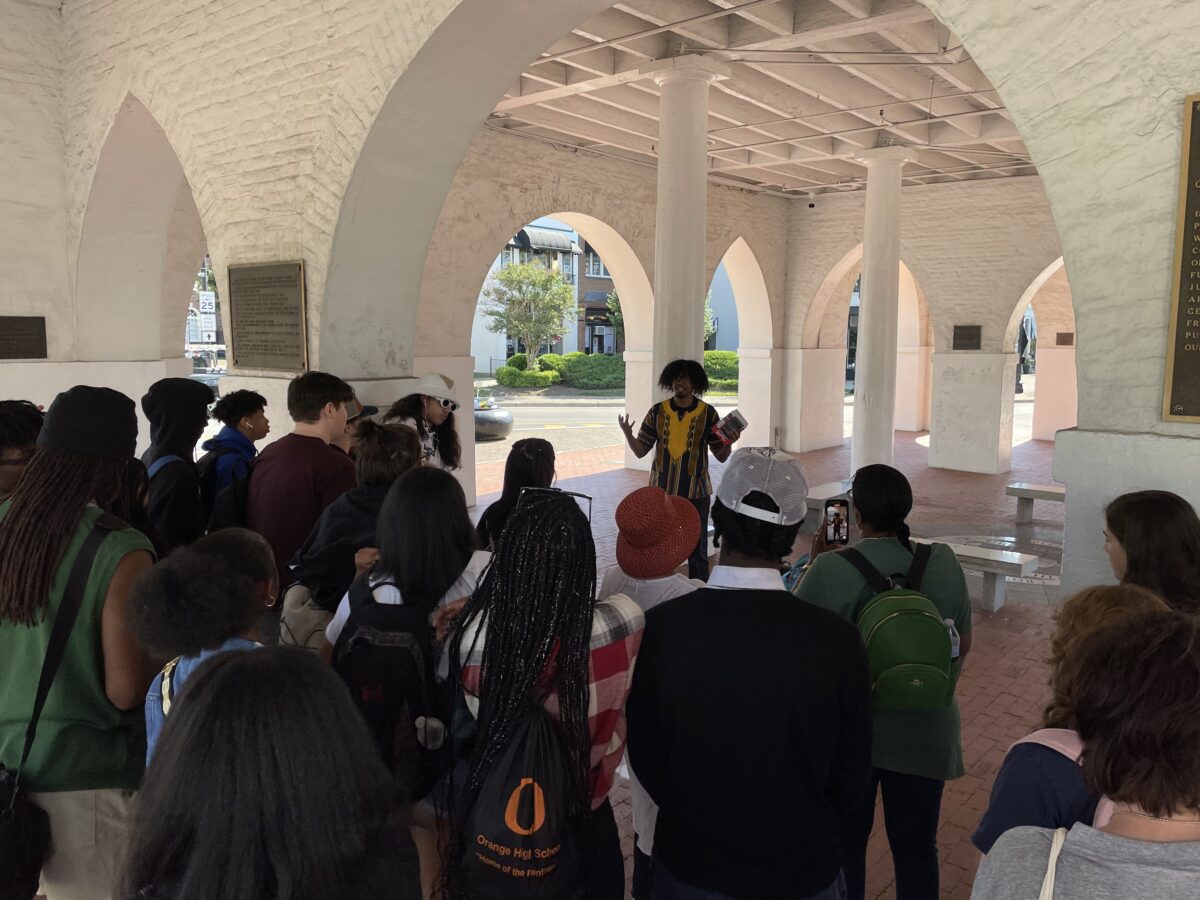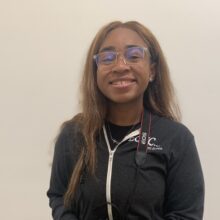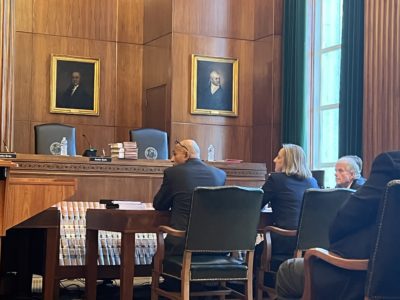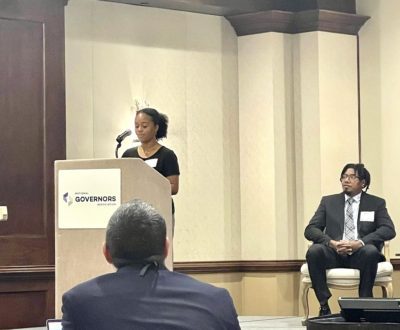
Share this story
|
|
Nationally, there is a call for a more diverse education workforce. There is also a call for more parental involvement in student curriculum and restrictions on gender and race-related topics.
North Carolina’s law known as the “Parent’s Bill of Rights” went into effect on Jan. 1. The law states that parents have the right to have more access to and to express concerns about what their child is learning in school. Amid all of this, the Hunt Institute hosted a panel recently to give guidance for new teachers and the community on navigating culturally relevant teaching.
Culturally relevant teaching, synonymous with culturally responsive teaching, is the pedagogy that takes the unique experiences and perspectives of students into account when building the curriculum. Compared to traditional methods, culturally relevant teaching will include references from voices in different parts of the world.
According to results from the Hunt Institute’s 2023 Nationwide Voter and Parent Education Survey, there are many core desires that parents want to see from schools. Among those values, 73% of those surveyed strongly agree that public school teachers need resources in the classroom that allow for personalized learning, up-to-date textbooks, and technology. Additionally, 77% strongly agree that schools should teach history and current events accurately so that our students don’t have an incomplete understanding compared to other students around the world.
Augustus Mays, vice president of partnerships and engagement for The Education Trust, said that one bucket of culturally responsive teaching is having a diverse educator workforce.
“We realized about three years ago that the national narrative around the importance of diversifying educated workforce was not fully understood,” Mays said.
Mays said that their organization has done work and research around proving that a diversified educator workforce benefits all kids’, not just students’ of color, achievement as well as their social and emotional well-being.
“Once you get a pipeline of diverse teachers of color into the school system, another important thing to show is that there is an effective mentorship program. We want to make sure that their grade school principals, teachers, and leaders are there to support first-year educators and they’re learning and understanding the mastery of their craft,” Mays said.
Many courses that directly cover the culture and history of Black and brown people, such as Xavier Adams’ Advanced Placement African American history course, are offered as electives students can opt in or out of.
Adams said that due to this, teachers who teach those courses, and teachers of color in general, are pressured to carry the load of making sure students are exposed to culturally relevant teaching.
“As much as I think I am a great educator, I am not enough to change an entire school, and so one of the challenges has been getting teachers on board with knowing how to do the work and understanding the significance of it,” Adams said.
To help students engage with the material and go beyond just memorizing facts as they do with other school content, Adams suggests using writing as a tool to get students to self-reflect.
“The Kansas City Chiefs just played in the Super Bowl. In my Latin American Studies class, we had a conversation around, ‘Is this an appropriate name for an NFL team to have, you know, at any point in history, not just where we’re at as a society now, but at any point of history?'” Adams said. “And through that, they had to do these individual writing prompts related to whose voices should we listen to in that process.”
Adams also suggests that districts appoint people in jobs dedicated to facilitating conversations about culturally responsive learning and diversity.
Angelica Infante-Green, Rhode Island’s commissioner of education, advises this as a solution for teachers and other people in the education system who might be experiencing pushback.
“Even with some competing legislation out there, the standards themselves provide an outline for some expectations of what we’re all learning and talking about in our school systems. And if those have been officially endorsed and adopted by boards of education, then you’re obligated as local education agencies and communities within that state to meet those expectations,” Infante-Green said.
Mays said that Education Trust makes efforts to educate the community about points in actual laws and flexibility for educators to lean into to achieve the diverse curriculum they want.
“In states we operate in, such as Tennessee for example, where there have been a number of censorship bills passed, we want to make sure that educators and parents understand what their rights are in terms of what they can teach in classrooms around diversity and honesty history,” Mays said.
More information about how to incorporate culturally responsive teaching and equitable instruction can be found here.








